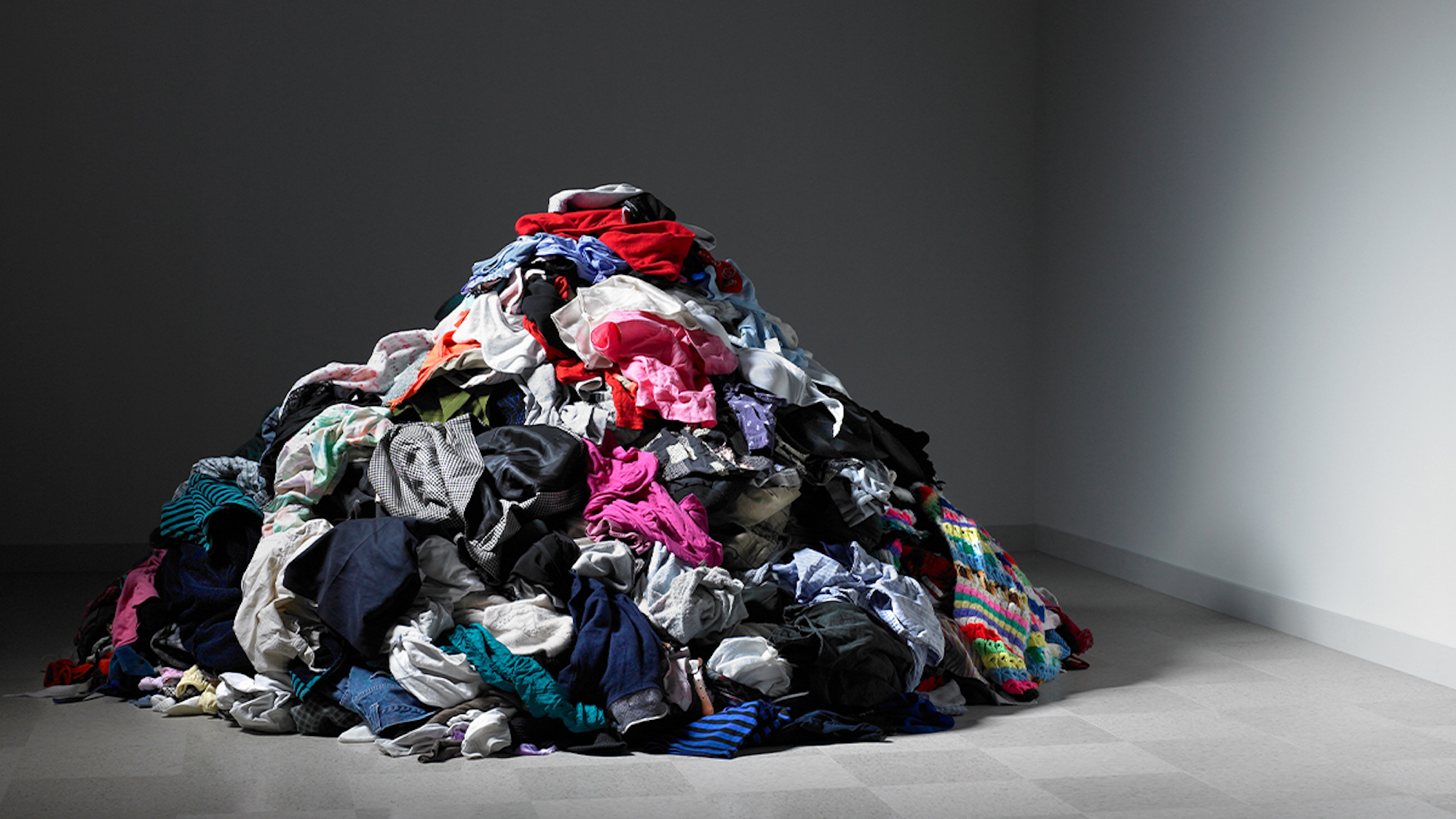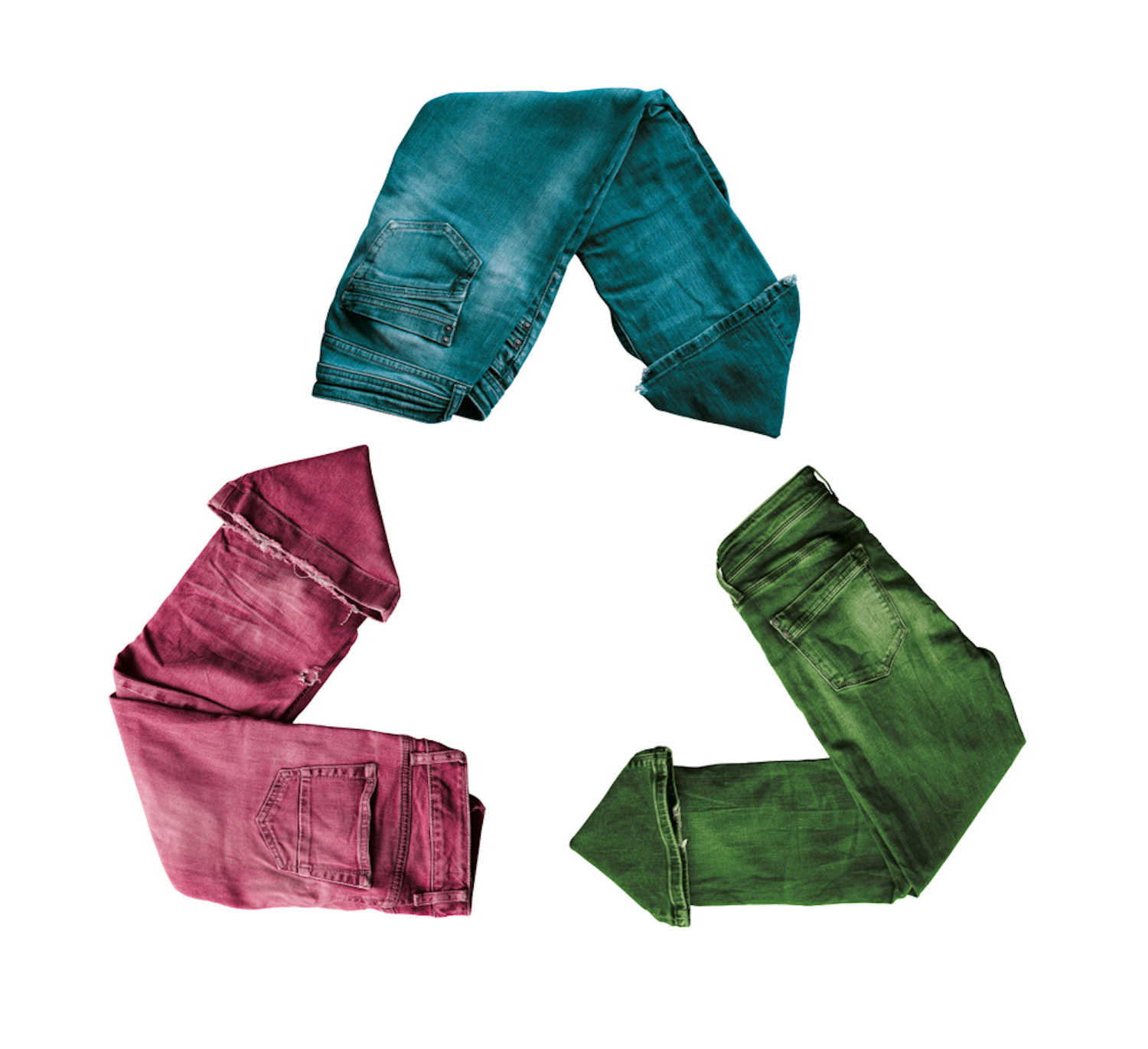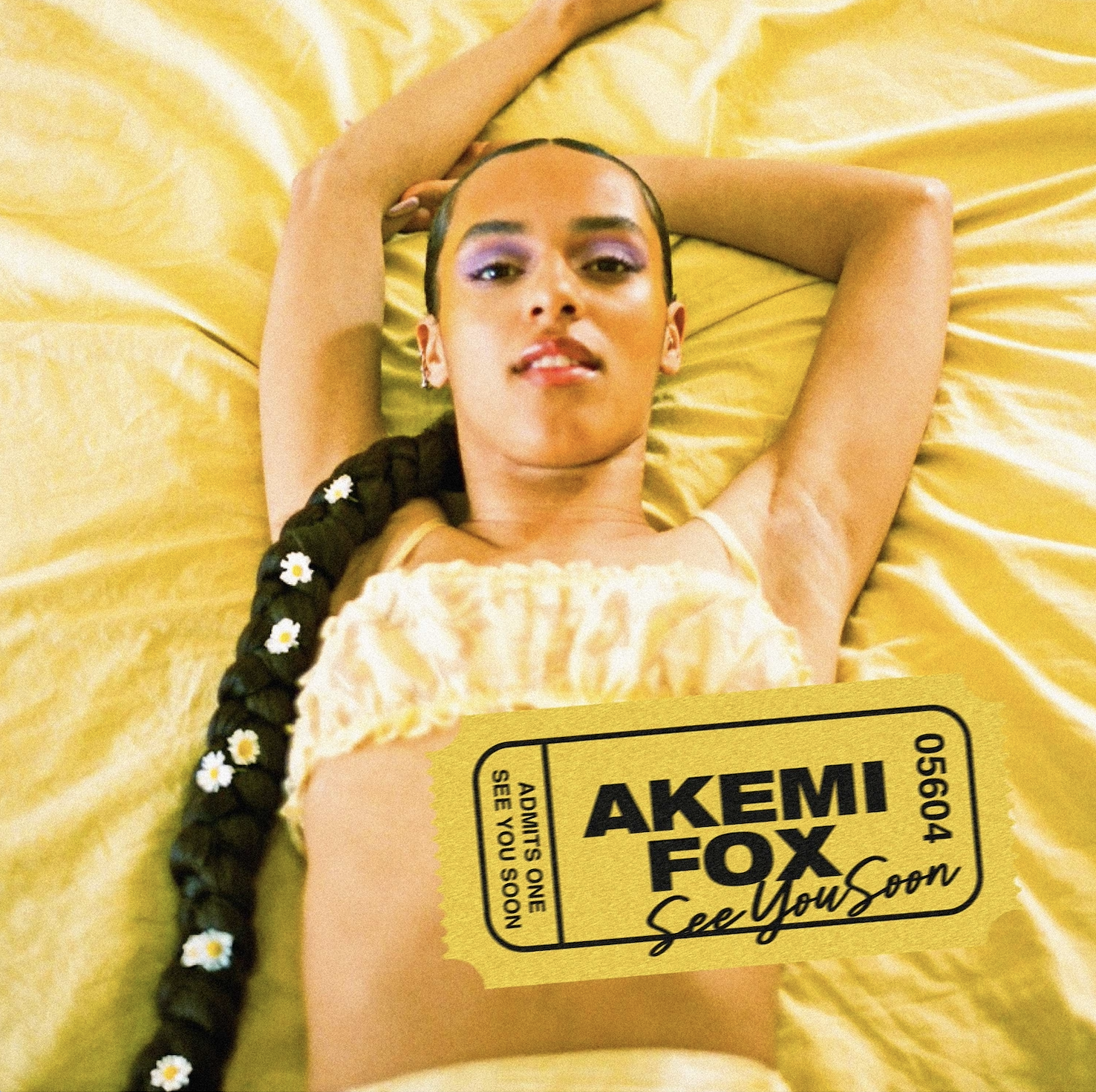Is Fashion Really Sustainable? I Don’t Think So.

The global fashion industry has been touting its sustainability credentials for years now. Products from every category have been marketed as carbon positive, eco-friendly or, dare I say, vegan. Whole business models are built on the back of the umbrella term ‘sustainability’. There was plenty of talks, pledges, and supposed planning around fashion’s sustainability on the back of a pandemic that crippled the fashion industry. The subject was even discussed at COP26, the UN’s Climate Conference.
However, for all the talk about shifting the culture around fashion’s sustainability efforts, the sad truth is that not much has actually changed on this front. The height of the pandemic forced us to take a different perspective on how the global fashion industry affects our planet. Our favourite brands made pledges to ditch fur, announced aspirations to be carbon neutral by year twenty-whatever, and declared to no longer be burning old stock. But the change, if any, has been very little, and as it stands, fashion is anything but sustainable.
Production of clothes and shoes has more than doubled in the past number of years, with the fashion industry alone accounting for around 10% of the global carbon emissions. Clothing, in general, has complex supply chains. Boundaries spread globally, and because of this, fashion sucks up unmeasurable energy through the transportation of clothes. As a result, very few brands know where their stuff comes from in the supply chain, and as supply chains continue to suffer the effects of the pandemic and costs rise, very few are willing to make the costly changes needed to reduce their carbon footprint. This makes the fashion industry particularly problematic, as brands continue to use vague, misleading claims and buzzwords like ‘responsible’ to suggest they’re more eco-friendly than they truly are.
Like all industries, fashionistas have become more aware of how our shopping habits result have a severe environmental impact. However, there is still unrelenting consumer demand for both luxury and fast fashion goods, and brands are all too happy to feed the insatiable need. Plans to rethink the number of collections expected from fashion houses seem to have been ignored by the very people making them. As we return to the pre-pandemic frantic pace of production, consumers are again pushed to buy the latest items to stay on-trend. Clothes have a very short life span, and the inevitable result of this overproduction is as it always was – clothes burned up or buried in landfills. This ‘do as I say, not as I do,’ attitude clearly indicates that fashion isn’t taking sustainability as seriously as it should or as it states.

It’s not to say that sustainability isn’t a concern for fashion brands. It is. as long as it affects profit margins, it will be on the agenda for executives. However, the steps that companies are taking do not seem to be having the intended effect. Currently, it appears as though sustainability is more of a corporate social responsibility tick box exercise than something to enact. In the pursuit of growth, the fashion industry has pushed for change, but marketing items as sustainable is not enough. Rules need to be rewritten, holding brands to their pledges, not just on the surface. Intention needs to match action; truly sustainable fashion should be affordable and also stylish. No one wants a terrible looking product just because it’s eco-friendly.
When it comes to resisting the allure of luxury fashion, for many of us, this is too great a challenge. We speak about conscious shopping habits like buying less and buying better, but for all the reselling, repairing and reusing, the fashion industry seemingly has no desire to successfully address the concerns around sustainability and climate change.
While improvements have been made, sustainability has become nothing more than a unique selling point to be added to product press releases or to be used as a theme for panel talks. Brands need to be held to the commitments they make around sustainability. It’s not enough to just say that a brand is sustainable just because they used less water to produce a garment.
We don’t need different, or cheaper or faster. We need better.
Discover more from GUAP’s Fashion section here




![ZINO VINCI’S ‘FILTHY & DISGUSTING’EP BRINGS YOU TO THE CORE OF THE ARTIST [@ZinoVinci]](https://guap.co/wp-content/uploads/2023/10/Zino-4.jpg)




1 Comment
[…] Sustainability is no longer just a passing trend in the fashion industry; it’s a necessity. As consumers and brands alike turn to recycled materials and more eco-conscious production practices, it can be challenging to sift through the noise and find those who truly walk the talk. Enter Coachtopia, the latest sub-brand from the heritage leather goods and ready-to-wear brand, Coach. […]
Comments are closed.